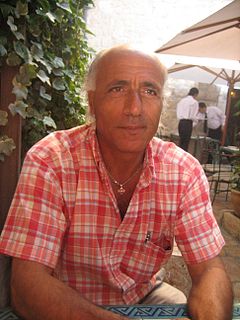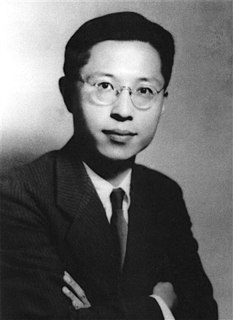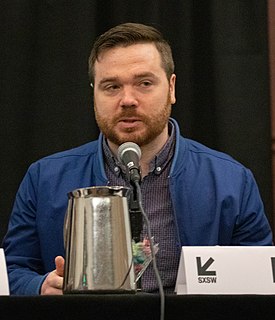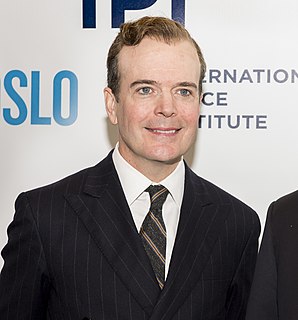A Quote by A. S. Byatt
A surprising number of people - including many students of literature - will tell you they haven't really lived in a book since they were children.
Related Quotes
I was fortunate to be at that school in an era in which encounters between students and teachers were encouraged; there were a number of teachers who lived on campus, and they'd regularly invite students over for dinner on the weekends. I hope it's still like that: being treated seriously by an adult you admire is a great gift. Children, like adults, want respect - but it's only when you're older that you realize how few people actually extend it.
It is axiomatic among writers that no one ever sues the writer of an unsuccessful book. Just let a book go over twenty-five thousand copies and it is surprising how many people's feelings are hurt, how many screwballs think their brain children have been stolen, and how many people feel that they have been portrayed in a manner calculated to bring infamy upon them.
If my novel gets any attention in Bulgaria, it will be as a scandal: a book about a teacher at a famous school and his relationship with a prostitute. I doubt very much it will be evaluated on its merits as literature. If Bulgarian were the book's only language, that would be painful and limiting to me as a writer. Since my book also exists in English - where it isn't scandalous at all - I feel comfortable with the possibility of scandal.
No one spoke in terms of children's literature, as opposed to adult literature, until around the 1940s. It wasn't categorised much before then. Even Grimm's tales were written for adults. But it is true that ever since 'Harry Potter' there has been a renaissance in fantasy literature. J. K. Rowling opened the door again.
So I've got mates I've known since I was five years old. Their children know my children. There's something really lovely about it. When you're an immigrant - my parents were immigrants, their brothers and sisters lived all over the world, Florida, Jamaica, some in Europe - it's a grounding thing. That community is critical.
...I realized how naive I was. My aunt Tina was right: this stuff does exist, and it does hurt people, and although there are lots of people at Liberty who condemn violence against gays-including Dr. Falwell himself-the number of students who want to give them the Goliath treatment isn't zero. In fact, the number who live in my room isn't zero.
Instead he thinks up the worst ending imaginable: Hemingway has Catherine die from hemorrhaging after their child is stillborn. It is the most torturous ending I have ever experienced and probably will ever experience in literature, movies, or even television. I am crying so hard at the end, partly for the characters, yes, but also because Nikki actually teaches this book to children. I cannot imagine why anyone would want to expose impressionable teenagers to such a horrible ending. Why not just tell high school students that their struggle to improve themselves is all for nothing?






































